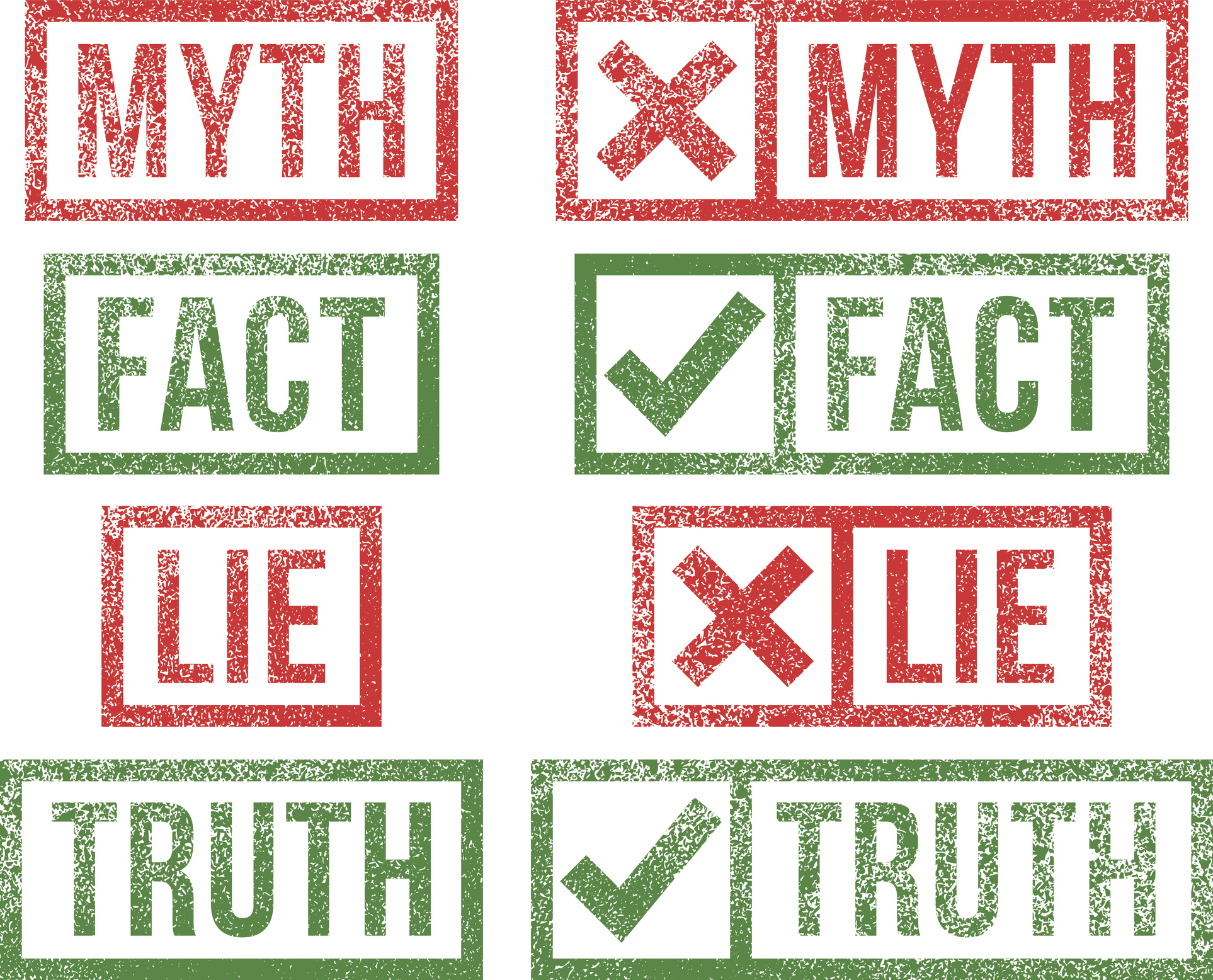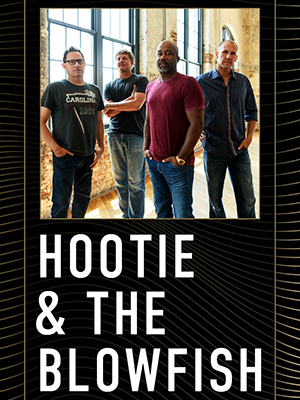COVID-19: Facts vs. Myths
By Camden Mondeaux on March 16, 2020
With the spread of the coronavirus, there are several rumors circulating the globe. But, what’s real and what’s not?
By: Cami Mondeaux
While everyone has a different opinion on what’s fact and what’s fiction, here’s a breakdown of some of the most widespread myths — and what’s actually true.
“Coronavirus is the most dangerous virus to exist.”
Not true. While there is currently no cure or vaccine, making the virus more dangerous, only 2% of reported cases have resulted in deaths.
Mostly those who are affected are older residents and those with weakened immune systems. Younger people may be infected and experience no symptoms at all.
However, it’s important to practice social distancing even if you don’t feel sick to protect those who can be exposed to the virus.
“A vaccine to cure COVID-19 is available.”
False. There is currently not a vaccine available that will prevent the coronavirus.
Doctors in Seattle launched the first experimental test for a vaccine Monday. But experts say this process could take several months.
“You can protect yourself by gargling bleach or using essential oils.”
False. Many recommendations like these will not protect you from the virus, and they’re incredible dangerous to try.
The CDC recommends the following ways to protect yourself from getting sick:
- Washing your hands with soap and hot water. Do this frequently and thoroughly.
- Avoid close contact with people who are sick, sneezing or coughing.
- Practice social distancing, keeping six feet between you and other people.
- Avoid crowds over 50 people.
- Don’t spread your own germs by coughing into your elbow and stay home when you’re sick.
“A face mask will protect me from COVID-19.”
Not true. While wearing certain models of these masks can protect health care workers while they care for infected patients, it’s not recommended for the general public.
Especially because the public only has access to lightweight disposable surgical masks, while health care professionals have access to tight-fitting respirators.
With lightweight masks, they aren’t tight enough so they can allow tiny droplets get into the nose, mouth or eyes. Also, it’s possible for those wearing the masks to touch their face after touching someone who is infected — spreading the virus.
People with the virus can wear the mask to decrease the change they’ll infect other people.
“The virus was created and released by people on purpose.”
This is not true. Viruses change and mutate over time.
Occasionally, we’ll see a disease outbreak that happens when a virus that is common in an animal — like a pig, bad or bird (think of the swine or avian flus) — that undergoes changes and passes to humans.
Experts believe that’s likely how this new coronavirus came to be.
“Pets can spread the virus.”
There is no evidence that your furry friends, like your dogs and cats, can be infected or spread the virus.
But, experts still recommend you continue to wash your hands whenever you’re done handling your companion pets. That will at least protect you from other germs and bacteria, like E. Coli and salmonella that can pass between animals and humans.
How To Prevent the Spread of COVID-19 Coronavirus
COVID-19 coronavirus is transmitted from person to person. It is a virus that is similar to the common cold and the flu. So, to prevent it from spreading:
- Wash hands frequently and thoroughly, with soap and water, for at least 20 seconds.
- Don’t touch your face.
- Keep children and those with compromised immune systems away from someone who is coughing or sneezing (in this instance, at least six feet)
- If there is an outbreak near you, practice social distancing (stay at home, instead of going to the movies, sports events, or other activities.)
- Get a flu shot.
Resources for more information:
LOCAL:
State of Utah: https://coronavirus.utah.gov/
The Church of Jesus Christ of Latter-day Saints
Utah Coronavirus Information Line – 1-800-456-7707
National Links
Centers for Disease Control and Prevention








